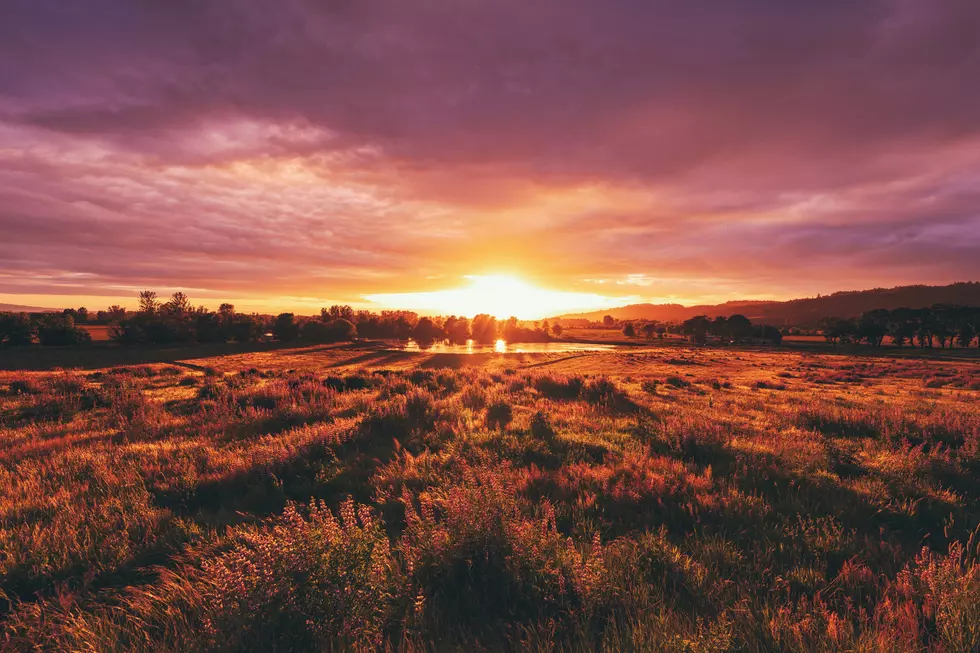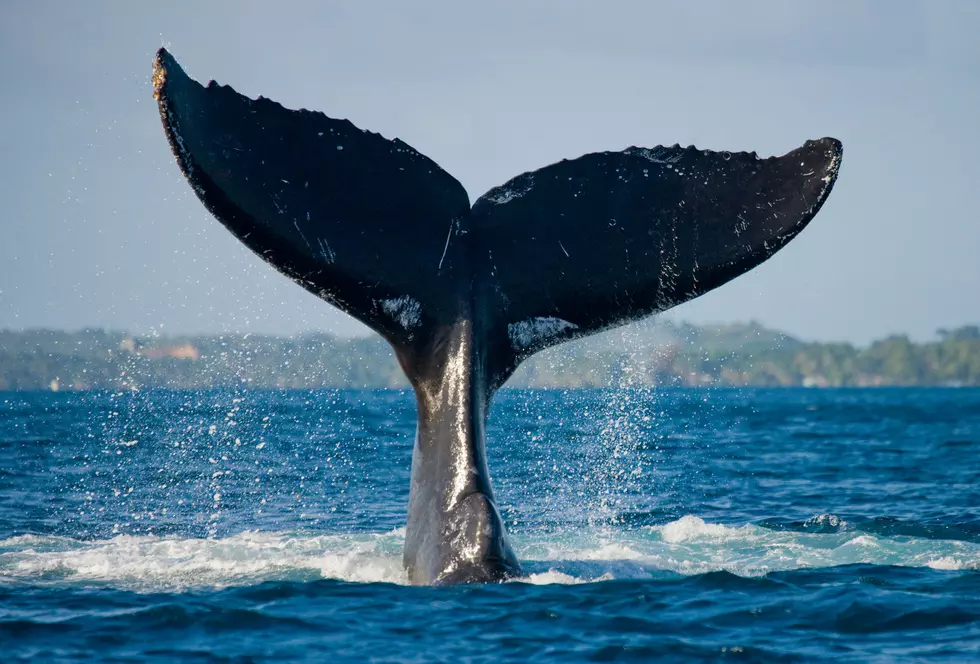
Beware: Rare But Deadly Virus is Popping Up in Massachusetts
Massachusetts residents should be extra cautious as the Powassan virus has reared its ugly head for the first time this year. The Sharon Health Department has confirmed the virus.

What is the Powassan Virus?
According to mass.gov, the Powassan virus causes a rare, but often serious disease, and is spread by the bite of tiny, infected black-legged (deer) ticks. There are two types of Powassan virus in the United States. One type is found in ticks that normally feed on woodchucks (groundhogs); the second type is carried by black-legged ticks, the same ticks that can also carry the germs that cause Lyme disease, babesiosis, and anaplasmosis.
Some Symptoms and Cases of the Virus in Massachusetts
Mild flu and brain inflammation are some of the serious symptoms of this disease. There were 10 cases of the virus in Massachusetts in 2023 including the counties of Barnstable, Essex, Hampshire, Middlesex, and Norfolk. Currently, there are no vaccines to prevent the disease and there are no medications to treat it so you have to be extra vigilant.
Should Massachusetts Residents Be Concerned About the Powassan Virus?
No matter where you are in Massachusetts you should always protect yourself from ticks. You'll want to wear long pants tucked into your socks when outside for any length of time. In addition, you'll want to use repellent with DEET and check both yourself and other people in your party to make sure there aren't any ticks on you or others. If you were to get the virus, it would most likely come from the black-legged tick. You can get more facts, symptoms, and details about the Powassan virus by going here.
LOOK: 11 tick-borne illnesses and what to watch out for during your outdoor adventures
Gallery Credit: Martha Sandoval
LOOK: 20 of the biggest insects in the world
Gallery Credit: Andrea Vale
More From WSBS 860AM









